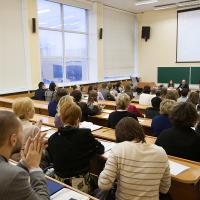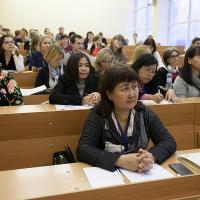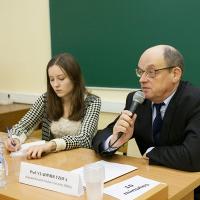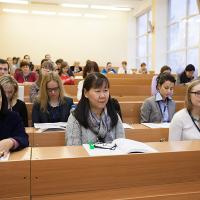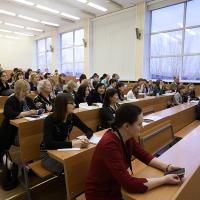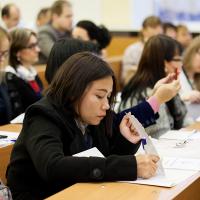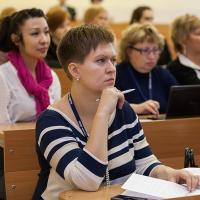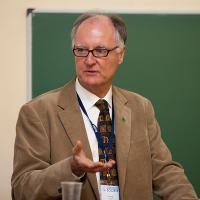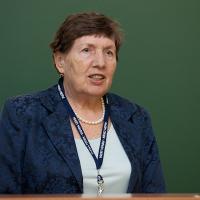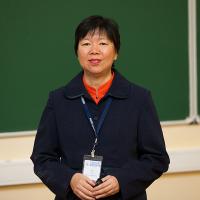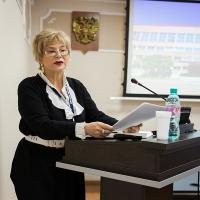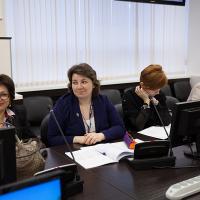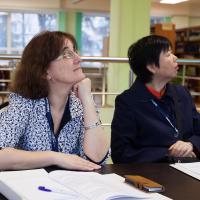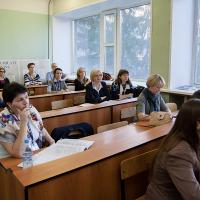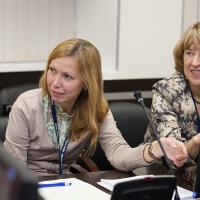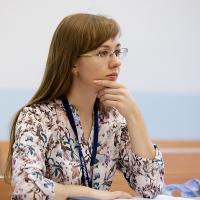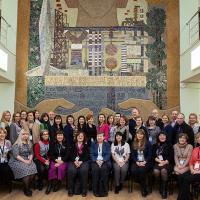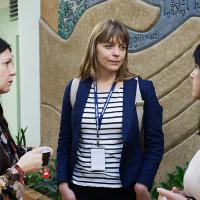On 6-8 December MEPhI has held an international scientific-practical conference “Communication in Multicultural Society”.
The conference was attended by scientists fr om 15 countries: UK, USA, Ireland, Germany, Finland, China, Hong Kong, Thailand, Philippines, Kazakhstan, Latvia, Lithuania, Slovakia, Belarus, Ukraine.
The program was intense, and topics of papers were very diverse. Speakers talked about language contact in a multicultural society and cognitive aspects of intercultural communication; the role of foreign languages in a multicultural learning environment; about social, economic, historical and theological aspects of a multicultural society in Russia. It emphasized the role and importance of learning intercultural communications in studying foreign languages, because professionals must be prepared to work in the international community due to the expansion of international cooperation in different fields of science and technology. A number of presentations were focused on communication strategies and media communications.
R. Cranmer fr om the University of Westminster devoted an interactive workshop to the integration of intercultural communication skills in the process of teaching foreign languages, wh ere he highlighted different aspects of intercultural pedagogy. Working groups under the guidance of Professor R. Hickey (University of Duisburg and Essen, Germany), E. Sippola (University of Bremen, Germany) and K. W. Chan (Hong Kong Baptist University, Hong Kong) addressed issues of multilingualism and cultural identity, socio-cultural specificity of the discourse and intercultural communication in the discourse of the media. On the webinar of R. Arif, M.A. Kidd and J. C.Velten from the University of Texas at Tyler participants discussed issues associated with the use of information and communication technologies and media resources in a globalized world.
The conference participants learned a lot about the role and status of English in countries wh ere it is not a state language, but plays a significant role in public life (for example, in Singapore, Hong Kong, South Korea and the Philippines); about political, social and linguistic parameters involved in the use of English in a multilingual society.





